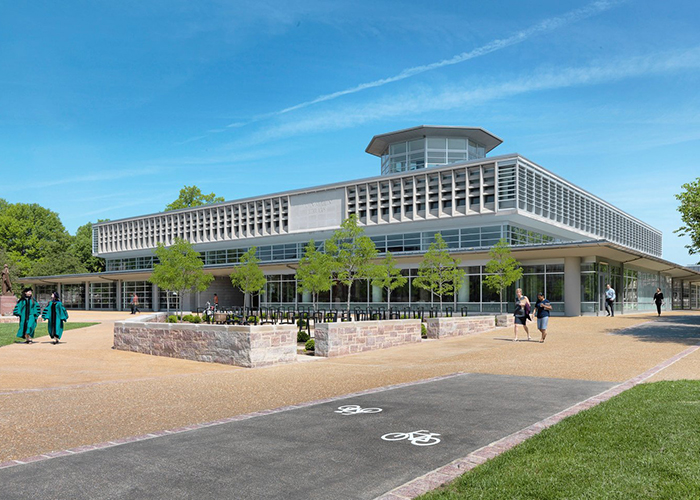Our purpose is to connect Danforth faculty and leaders with private foundation funding through skillful grants research, cultivation, solicitation, and stewardship practices.

Here’s what we can do for you:
- Monitor and share foundation grant opportunities
- Advise on strategies for approaching foundation funders effectively
- Develop, edit, and submit competitive letters of interest and proposals
- Serve as liaisons between faculty members, university leadership, and foundation personnel
- Provide assistance with grant reporting and other funder stewardship needs
- Connect you to other administrative and research support departments
Danforth campus contacts
- Shawna Brinson – Faculty inquiries, funder research, database and website
- Nora Kelleher – Arts and Design, Business, CAPS, Humanities, Law, Social Sciences
- Katherine Kornfeld – STEM/Biomedical, Engineering, Libraries
- Anne Stengle – University Initiatives, Social Work and Public Health
- Denise Ukena – Social Work and Public Health
University Funding Research Resources
Most of the following links require a WUSTL key or university email for access:
Grants & Fellowship Opportunities for Danforth Faculty and Programs
A searchable and frequently updated database curated for Danforth Campus faculty, department and program staff. Categories include arts and design, community partnerships, data sciences, humanities and literary arts, sustainability and environment, global studies, social sciences, and more.
Funding Opportunity Database for WashU Researchers – Curated by the Research Development Office. Updated on Mondays, it is composed of opportunities from Grants.gov, Foundation Relations, and Medical Advancement Corporate and Foundation Relations.
Biomedical Private Funding Resources – Advancement database of funding opportunities, competitions, and opportunities for new investigators.
Candid Foundation Directory – Search tool for foundation profiles, 990s, etc.
Federal Grant Postings – Resources and announcements regarding governmental grants, managed through WUSTL Office of the Vice Chancellor for Research
GrantForward – Easy-to-use research site with a wide variety of funding opportunities for students, post-docs, faculty, researchers, and programs
Grantmakers.io – Open-source directory of foundation profiles and grants
Internal Selections – RFP announcements and details about how faculty can submit a proposal or application for a limited competition funding opportunity
ProFellow – Search and application management tool for fellowships
SPIN – Extensive database of opportunities via federal agencies, foundations, etc.
Award News
Contact Information
- 314-935-2695
- foundationrelations@wustl.edu

